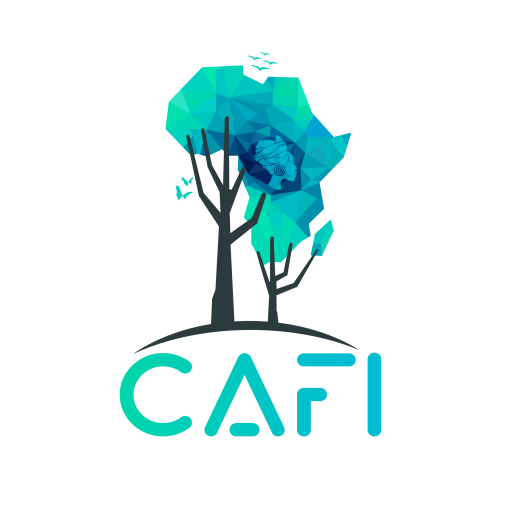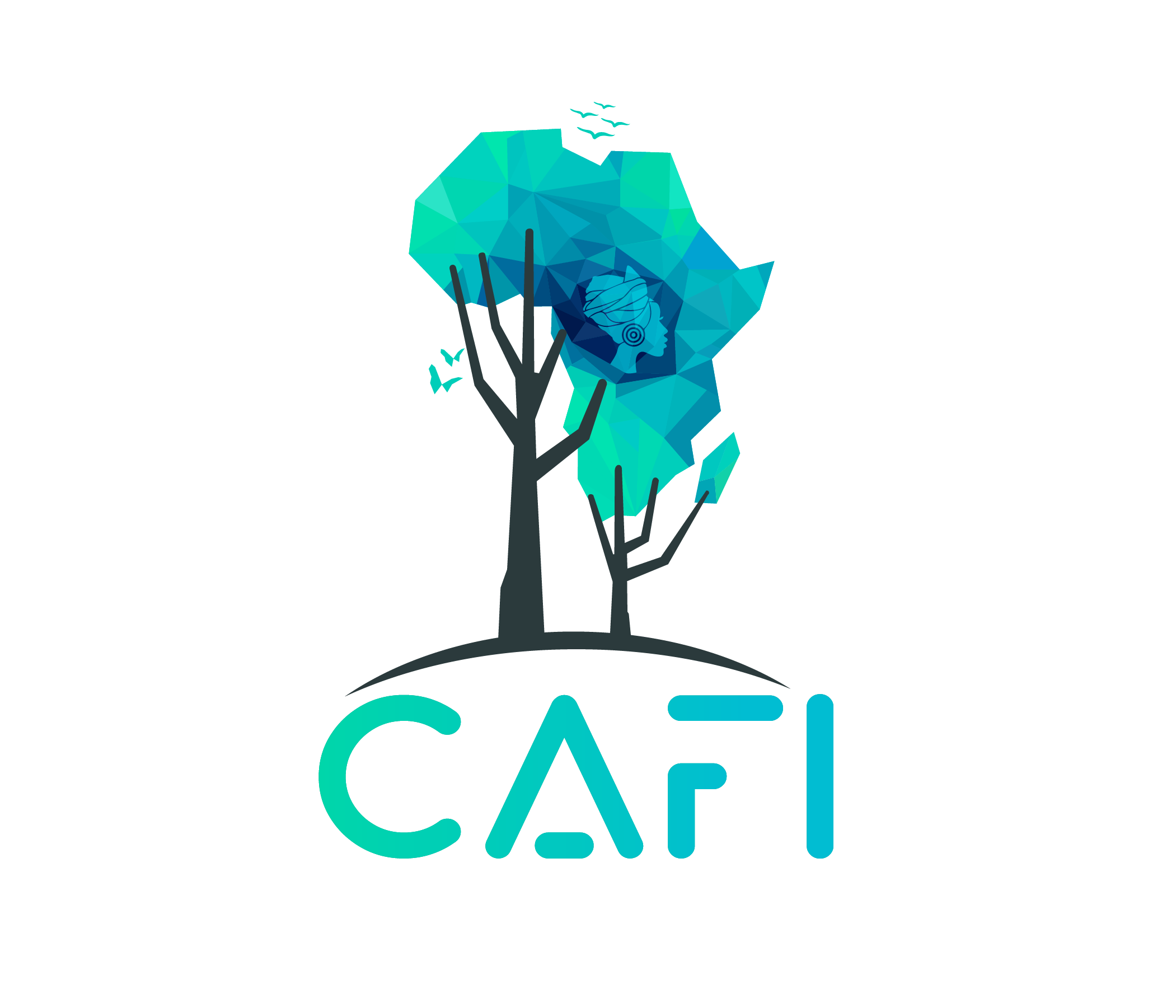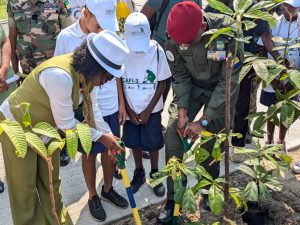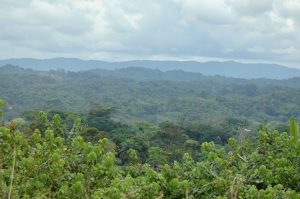180 millions US$ mobilised – including a first historic payment for emission reductions – for a country with strong political commitment to forest
Gabon forests absorb 140 million tons of CO2 every year, and emit about 30 millions.
They also house pristine wildlife and megafauna. The emblematic forest elephants, considered the architects of the forest, are critically endangered in Central Africa. Yet 50,000 of them, or 60% of their remaining population, live in Gabon.
Joint Commitments
Gabon has committed to reducing its greenhouse gas (GHG) emissions from forests by 50% by 2025 compared to a 2005 baseline level in its INDC under the Paris Agreement and subsequently in its first Letter of Intent signed with CAFI in 2017, in which Gabon committed to the non-conversion of high value forest and limited and carbon neutral conversion of non-high-value forests. Based on the first National Investment Framework presented to CAFI, the Letter of Intent delineated specific objectives on land-use planning, forest monitoring and forest governance, and was backed by a 18 million programme. Two additional programmes on certification and protected areas and food crops, worth 12 millions, were approved in 2019.
A historic results-based payment agreement worth 150 million US $ was signed in 2019 as an addendum to the 2017 Letter of Intent, making Gabon the first high forest cover and low deforestation (HFLD) country in Africa to be able to claim payments for emission reductions and removals. Following
Gabon has since progressed in fulfilling international requirements to receive results-based payments for its efforts on forest preservation, including a second National Investment Framework that lays out priorities for new programmes financed by results-based payments, approved by the CAFI Executive Board in March 2021 and an emission reductions report.
After an independent verification, this allowed a first payment in 2021 of 17 million US$ for carbon results.
After the 2023 political transition, the CAFI-Gabon partnership has remained strong, with a new project on human elephant conflict launched in 2025 and a formal agreement in July 2025 to launch Payments for Environmental Services.








